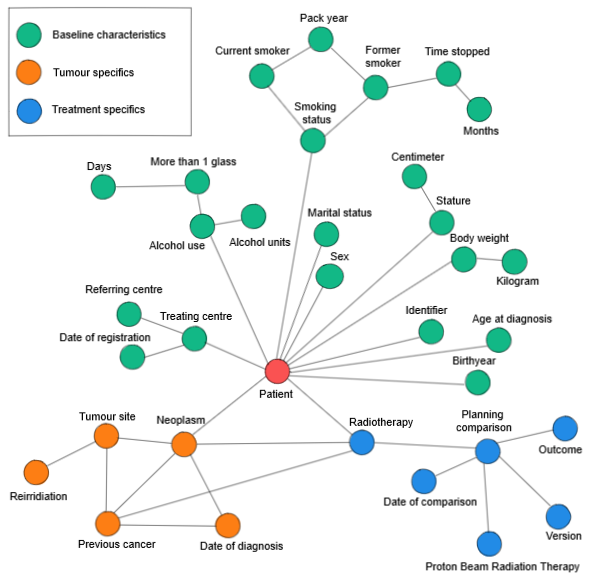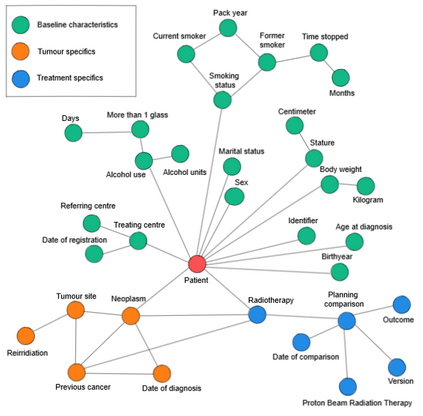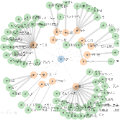Cancer registries collect multisource data and provide valuable information that can lead to unique research opportunities. In the Netherlands, a registry and model-based approach (MBA) are used for the selection of patients that are eligible for proton therapy. We collected baseline characteristics including demographic, clinical, tumour and treatment information. These data were transformed into a machine readable format using the FAIR (Findable, Accessible, Interoperable, Reusable) data principles and resulted in a knowledge graph with baseline characteristics of proton therapy patients. With this approach, we enable the possibility of linking external data sources and optimal flexibility to easily adapt the data structure of the existing knowledge graph to the needs of the clinic.
翻译:癌症登记处收集多来源数据,提供宝贵的信息,从而带来独特的研究机会。在荷兰,在选择有资格接受质子治疗的病人时,采用了一种登记和基于模型的方法(MBA),我们收集了包括人口、临床、肿瘤和治疗信息在内的基线特征,这些数据已用FAIR(可查找、可获取、可互操作、可再使用)数据原则转换成机器可读格式,并产生了一个具有质子治疗病人基线特征的知识图表。通过这种方法,我们得以将外部数据来源和最佳灵活性联系起来,方便地将现有知识图表的数据结构适应诊所的需要。






